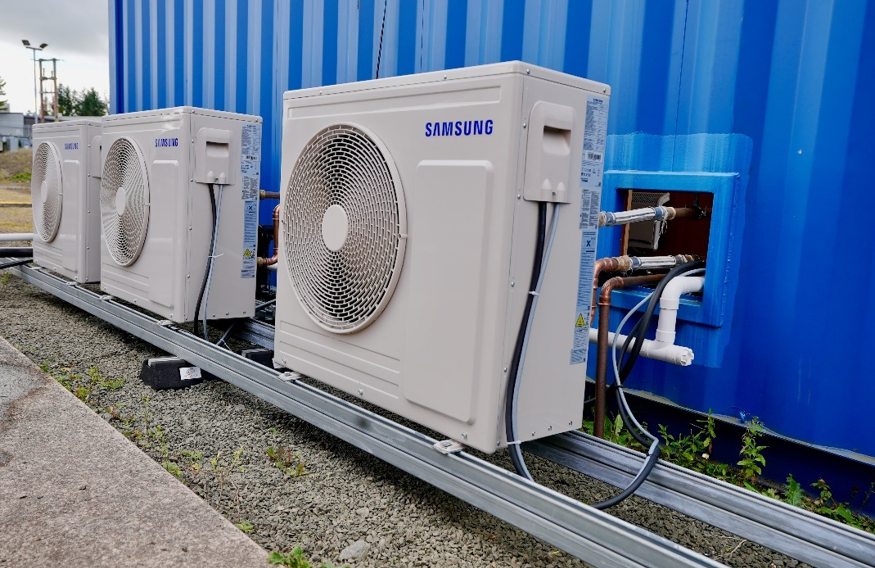Recommerce, the buying, selling or renting previously owned products, continues to grow, as figures from Barclays reveal consumers are opting for second hand over new and hiring pre-loved items more often than they did a year ago, contributing £6.99bn to the UK economy.
Barclaycard Payments and analysts Development Economics used thousands of consumer responses with demographic data from the Office of National Statistics to calculate the value of the recommerce economy.
The analysis shows that the trend of shopping more sustainably has contributed almost £7bn to the UK’s economy in the last year: £5.92n on second hand products and £1.07bn on renting items to use for a set amount of time, rather than purchasing them new.
Barclaycard Payments found that this behaviour is growing. Over four in 10 (44 per cent) buy more second hand items than they did a year ago, while a further 57 per cent say their recommerce shopping behaviour has remained consistent, indicating this shift is permanent.
Although the main motivator of change is the rising cost of living, the desire to adopt more sustainable shopping practices is also a key factor.
In a sign that recommerce is going full circle, almost a quarter (23 per cent) who resell items also use the funds to purchase second hand items for themselves in the same setting. Gen-Z adults (those aged 18-24) are particularly motivated by shopping second hand, viewing pre-loved items as ‘more fashionable’ (30 per cent) while also being attracted to clothes and accessories that their peers are less likely to own (31 per cent).
Younger millennials (aged 25-34) are the largest contributors to the overall recommerce economy, estimated to have spent £1.95bn on second hand items in the past year. Comparatively, those in the baby boomer generation (65-74 years) account for £602m of spending (9 per cent).
The research also revealed emerging sectors specifically within the rental sector, as one in 10 per cent now choose to hire items instead of buying brand new more frequently than they did a year ago. Entertainment and electronics, which includes laptops, books, headphones and musical instruments, is the largest rental growth category contributing £209m in the last 12 months.
Steve Lucas, economic development manager at Development Economics, said: “UK consumers are increasingly recognising the value-for-money and sustainability benefits of renting or buying the items they need second hand. The recommerce economy is therefore already creating important economic influences across the UK, and these effects will continue to grow as more consumers recognise the benefits and extend their use of renting and second hand to a wider set of products.”
© 2019 Perspective Publishing Privacy & Cookies






Recent Stories